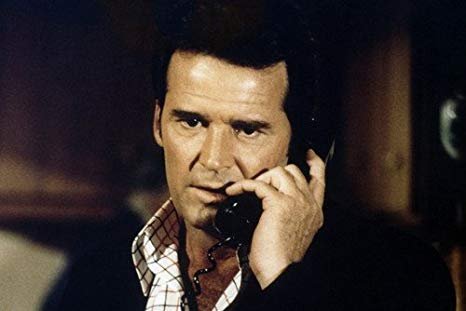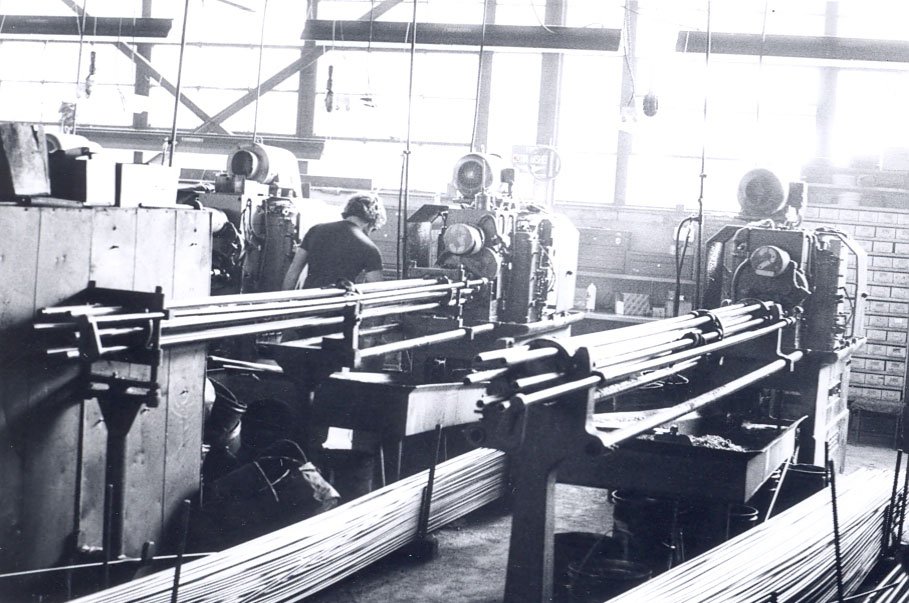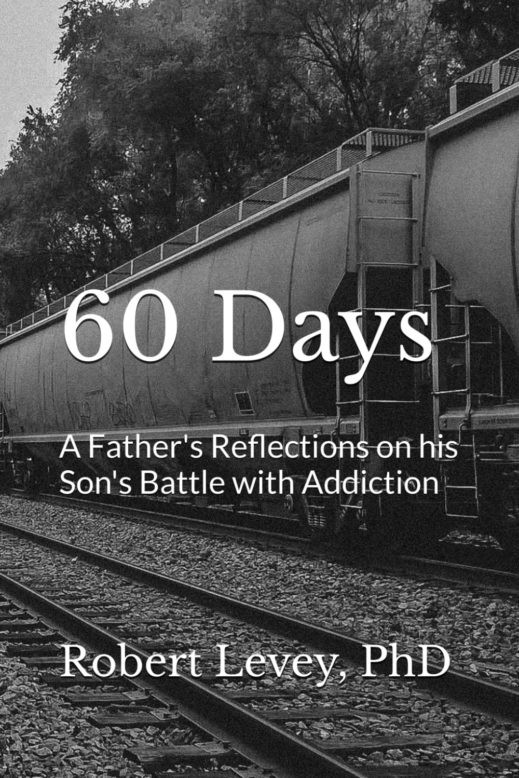
The Isolation
For those of us who sometimes feel isolated and alone, social media can tend to make us feel worse about ourselves. We are not part of the scene that is social media. We don’t have as many “likes,” “shares,” or “follows.”
Whatever social media is measuring, we don’t have enough of it. We are always missing out on something. Did we see the latest tweet or Instagram post of whoever is trending at the moment?
The world is not a static image that one may ‘click’ at one’s leisure. It is a world of loss, tragedy, murder, rape, love, hope, deception, hunger, homelessness, awful humans, and much, much more.
Social media enables us to look outward so we can avoid looking within. It is not all bad. There is beauty in it, too, but there is also something very isolating about the experience of it.
Social media packages reality into sound-bytes and pictures that show others what we want them to see. It is a carefully, although often thoughtlessly, curated experience that does not reveal the fact that our lives are lived in our own heads.
How do we capture the reality of reality in a format that primarily reveals the lives of others through images and/or videos that capture very limited points in time? There is no context for what we are seeing, no before and after, which is real life.
Do you have “friends” on Facebook that in fact have no idea who you really are? Were they high school friends that you have not seen in 20 years? How are we using the term “friend” now? Are you our friend?
There is something subtly quite isolating about social media. We can connect with the world without ever leaving the screen of our handheld device. No, that is simply and utterly false.
Regardless of one’s age, we make time to physically meet the people that matter — and that number may be in the single digits. Social media allows us to participate in something without really being part of it at all.


